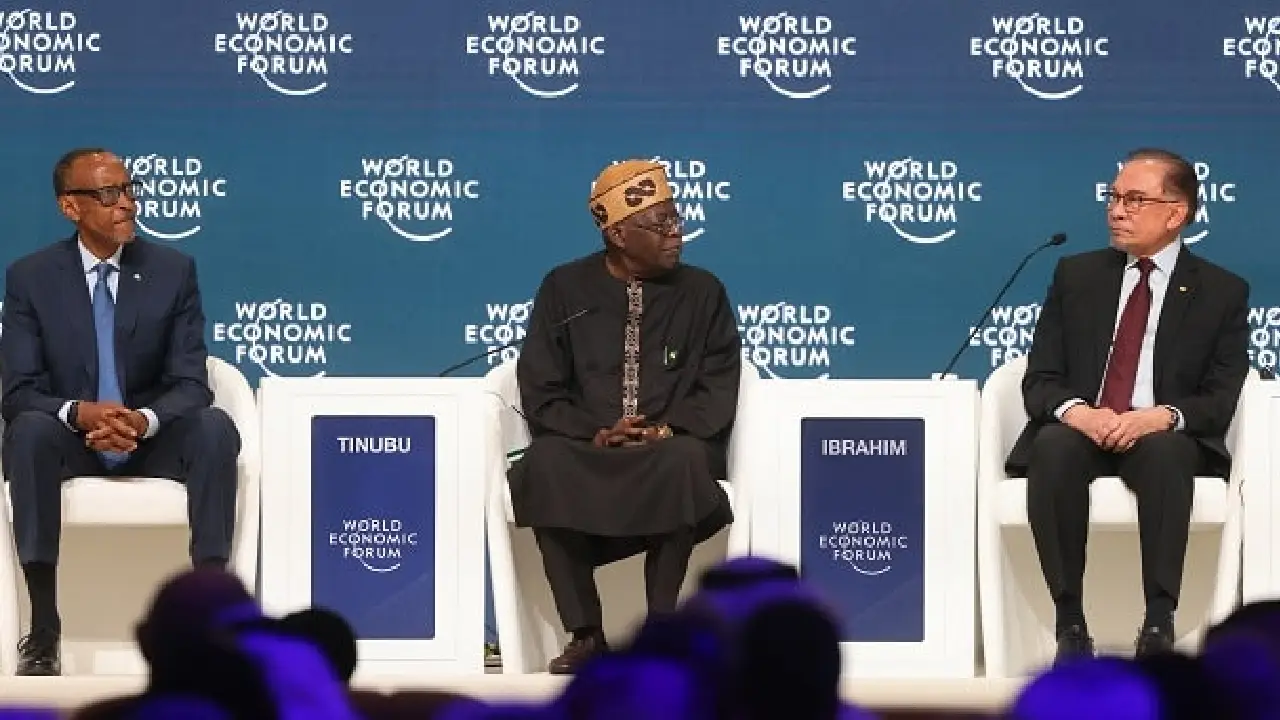
Nigeria Faces Employment Crisis as Multinational Companies Pull Out
Nigeria’s economic crisis, driven by the removal of petrol subsidies and FX window unification, has led to the exit of several multinational companies.
Diageo, on June 11, announced selling its 58.02% stake in Guinness Nigeria to Tolaram, joining 15 other multinationals like Kimberly-Clark, Procter & Gamble, GlaxoSmithKline, Unilever, and Sanofi-Aventi Nigeria in reducing or ending their operations in the country.
Unilever exited the home care and skin cleansing markets in November 2023, citing the need for a sustainable business model. Other companies faced high energy costs, currency depreciation, and insecurity.
Finance Minister Wale Edun acknowledged that the lack of a liquid foreign exchange market was a major reason for these exits, as multinationals struggled to access foreign exchange. Adewale Oyerinde, Director-General of the Nigeria Employers’ Consultative Association (NECA), reported that over 15 multinationals, employing over 20,000 staff, have closed or divested, leading to significant economic and social repercussions.
This wave of exits poses a threat to Nigeria’s $1 trillion GDP target set by President Bola Tinubu. Despite efforts to encourage Foreign Direct Investment (FDI) and improve the business environment, the continuous departure of major companies challenges the nation’s economic growth.
Data from the National Bureau of Statistics (NBS) shows that while the services sector drove GDP growth in Q1 2024, the manufacturing sector’s real GDP growth was significantly lower than the previous year.
Industry leaders, including MAN President Otunba Francis Meshioye and LCCI Director-General Dr. Chinyere Almona, have called for government action to address insecurity, improve infrastructure, and stabilize the foreign exchange market. They also stress the importance of engaging with the business community to develop effective policies.
Femi Egbesola, President of the Association of Small Business Owners of Nigeria (ASBON), emphasized the crucial role of multinationals in the economy, warning that their departure, coupled with insufficient local investment, hampers economic growth.
The Tinubu administration claims to be taking steps to revamp the economy and attract investment. However, only time will tell if these measures will stem the exodus of multinational companies from Nigeria.
